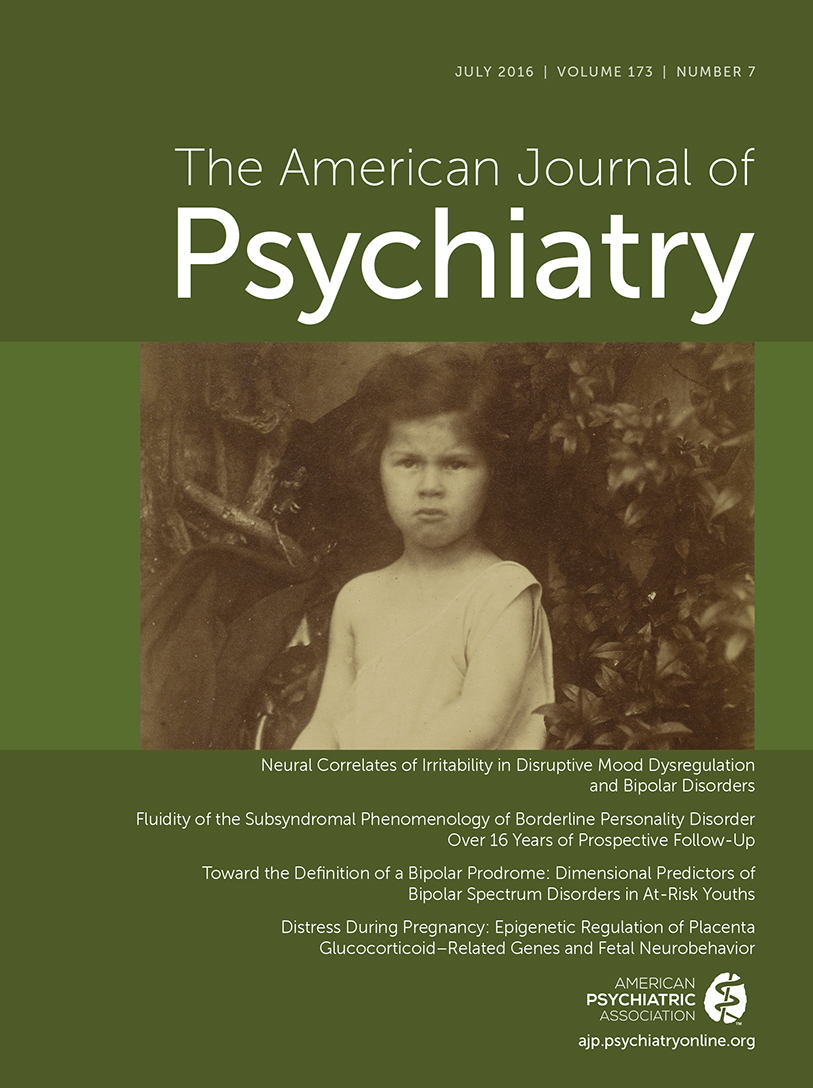Interpersonal Psychotherapy for Mental Health Problems: A Comprehensive Meta-Analysis
Abstract
Objective:
Interpersonal psychotherapy (IPT) has been developed for the treatment of depression but has been examined for several other mental disorders. A comprehensive meta-analysis of all randomized trials examining the effects of IPT for all mental health problems was conducted.
Method:
Searches in PubMed, PsycInfo, Embase, and Cochrane were conducted to identify all trials examining IPT for any mental health problem.
Results:
Ninety studies with 11,434 participants were included. IPT for acute-phase depression had moderate-to-large effects compared with control groups (g=0.60; 95% CI=0.45–0.75). No significant difference was found with other therapies (differential g=0.06) and pharmacotherapy (g=–0.13). Combined treatment was more effective than IPT alone (g=0.24). IPT in subthreshold depression significantly prevented the onset of major depression, and maintenance IPT significantly reduced relapse. IPT had significant effects on eating disorders, but the effects are probably slightly smaller than those of cognitive-behavioral therapy (CBT) in the acute phase of treatment. In anxiety disorders, IPT had large effects compared with control groups, and there is no evidence that IPT was less effective than CBT. There was risk of bias as defined by the Cochrane Collaboration in the majority of studies. There was little indication that the presence of bias influenced outcome.
Conclusions:
IPT is effective in the acute treatment of depression and may be effective in the prevention of new depressive disorders and in preventing relapse. IPT may also be effective in the treatment of eating disorders and anxiety disorders and has shown promising effects in some other mental health disorders.



